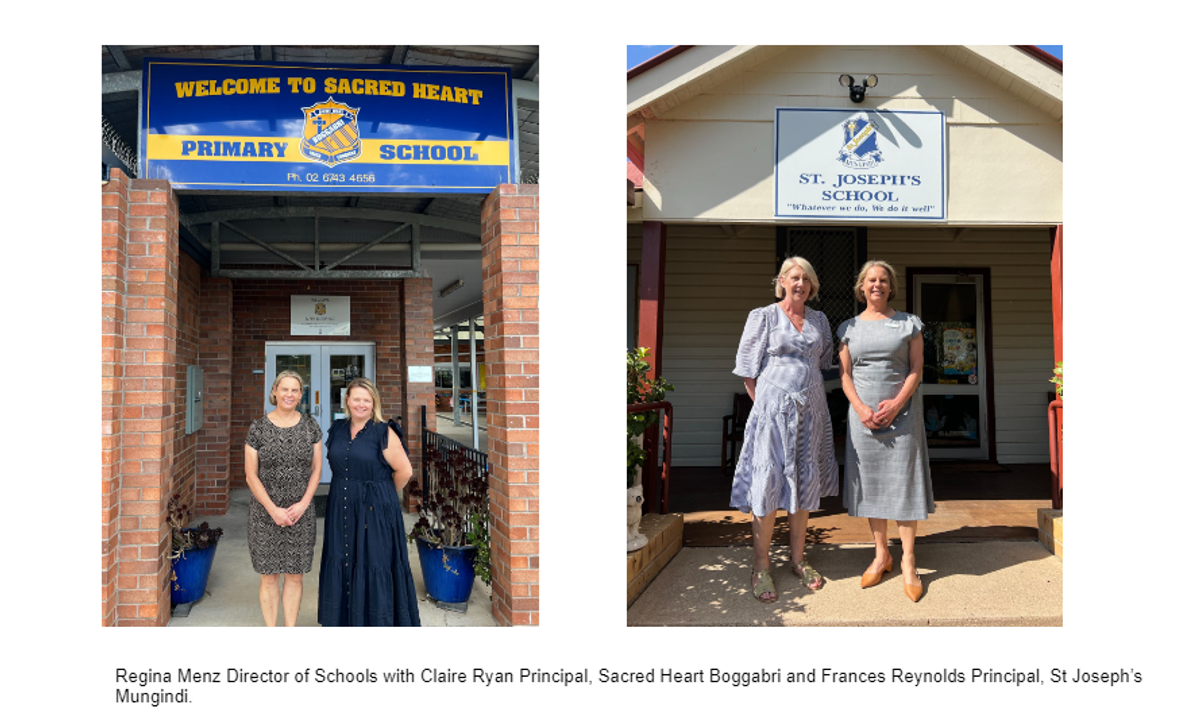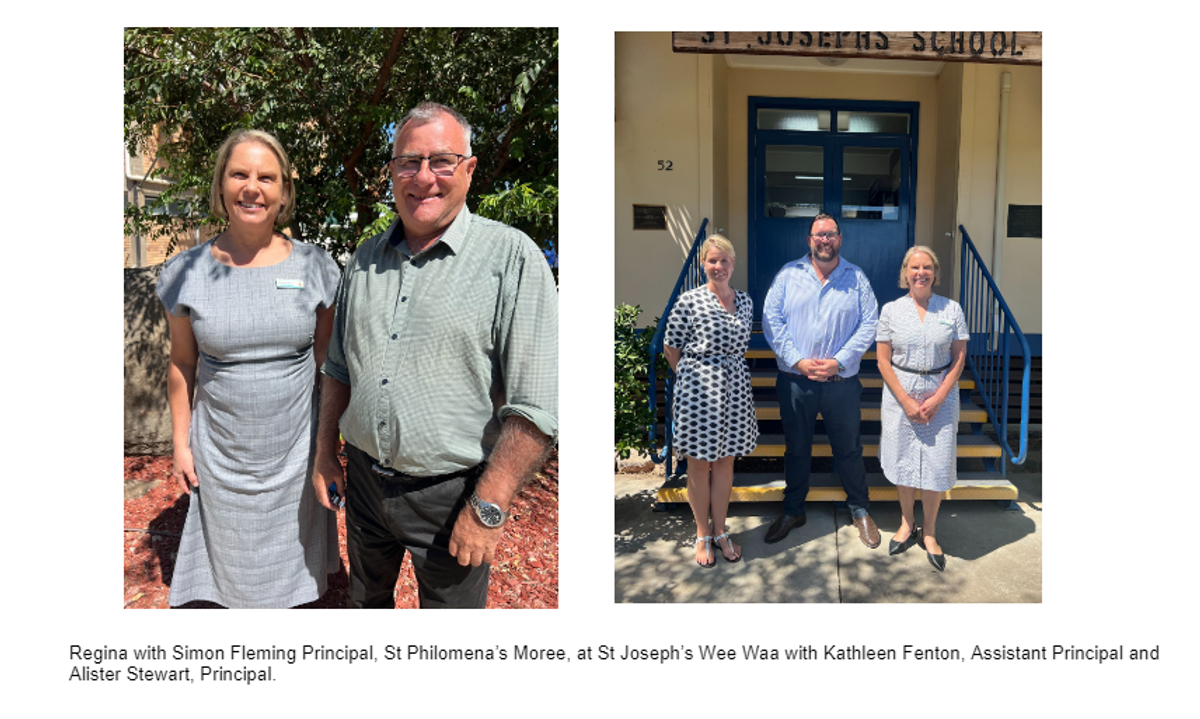Message from the
Director

Message from the
Director
Education is currently featured very regularly in the media—sometimes in a positive manner and sometimes not. Last week, you may have seen the report in the Sydney Morning Herald ‘The teaching style behind the state’s top-performing schools’. The article discusses the effectiveness of explicit teaching. According to this article, explicit teaching involves ‘breaking down what students need to learn into smaller chunks, with the teacher modelling each step, reviewing learning before classes and constantly checking for understanding.’ It goes on to say that the following improves student learning:
It is important to note that even though the article says ‘it is a back to basics approach’ it clearly states that, ‘explicit teaching is not the same as lecturing or rote learning, but when “implemented well it is a highly interactive and engaging teaching practice”.’
Explicit teaching is embedded in our effective lesson sequence (‘worthwhile lesson’). This includes setting learning goals (learning intentions) and expectations (success criteria). The first step of the Gradual Release of Responsibility model is the teacher ‘chunking’ the information for students and then modelling each step within that ‘chunk’. Explicit teaching has always been good teaching practice, and a critical component of a strong learning and teaching sequence that supports literate and numerate students for a hope-filled future.
Mathematics Specialist Teacher Program (MaST)
The MaST program is being featured as a case study by the National Catholic Education Commission (NCEC). The link to the article is here. Congratulations to all schools and ACSO staff who have worked to improve the collective capacity of staff in mathematics and therefore have improved the learning outcomes for our students. I want to particularly thank Tracey Hughes-Butters who saw the need for quality mathematics programs in primary schools and designed and built the program; Chris Smyth who saw its potential to make a difference to student learning outcomes and supported the program; Trish Mitchell who worked closely with Tracey to build the program and extend it to include the Year 1 Number Check; Subject Matter Experts Sandy Walker, Casey Chard, Helen Rowsell and Tim Unwin who work/ed to build and enhance the program and support schools in implementing the program; our pilot schools who took on the program in its initial stages; and to all our schools who are working on embedding the program K–6.
A special thanks to St Joseph’s West Tamworth who feature in the video showcasing the program for NCEC case study.
Congratulations


Jacqui Wait has just received her HA/LT module 1 assessment report for LEAD teacher and passed with flying colours; it was an exceptional module one submission—Jacqui fully demonstrated all 15 descriptors. This is a significant achievement and a reflection of the impact Jacqui has had on her colleagues' and students' learning outcomes across her various roles. This is well-deserved recognition of Jacqui’s contributions as an exceptional educator. Congratulations, Jacqui.
Inaugural Diocesan Swimming Carnival
On Friday 1st March, the first ever combined Primary and Secondary Diocesan Swimming Carnival was held in Gunnedah. Congratulations to Heidi Hardaker and Tim Kennedy for all their work in making this such a successful event. When I was walking around the pool on Friday afternoon there was such a positive vibe and lots of smiling faces. A great event.
School Visits
Last week I continued my school visits and went to Sacred Heart, Boggabri; St Joseph’s, Mungindi; St Philomena’s, Moree; and St Joseph’s, Wee Waa. In all schools, the passion of the principals is evident; they know their school communities exceptionally well, and are deeply committed to improving the life outcomes for the young people in their care. The staff at all schools are welcoming and show a high level of professionalism and care. The classrooms are calm and productive with students highly invested in their learning. What a joy to spend time in our schools!






And Regina, well, being Regina… Kathlene Fenton (Assistant Principal/Leader of Pedagogy), Alistair Stewart (Principal), Sarah Phelps (Administration)
____________________________________________________________________


Vale Kevin ‘Kim’ Slattery
Kevin James ‘Kim’ Slattery passed away on the 24th of February. Kim worked at McCarthy Catholic College for ten years as a casual teacher. We offer prayers and blessings to his wife, Deb, and children, Jeremy, Kris, and Kate. Kate is an administrative assistant at St Nicholas’ Primary School.
Eternal rest grant unto him, O Lord, and let perpetual light shine upon him. May he rest in peace. Amen.
Regina